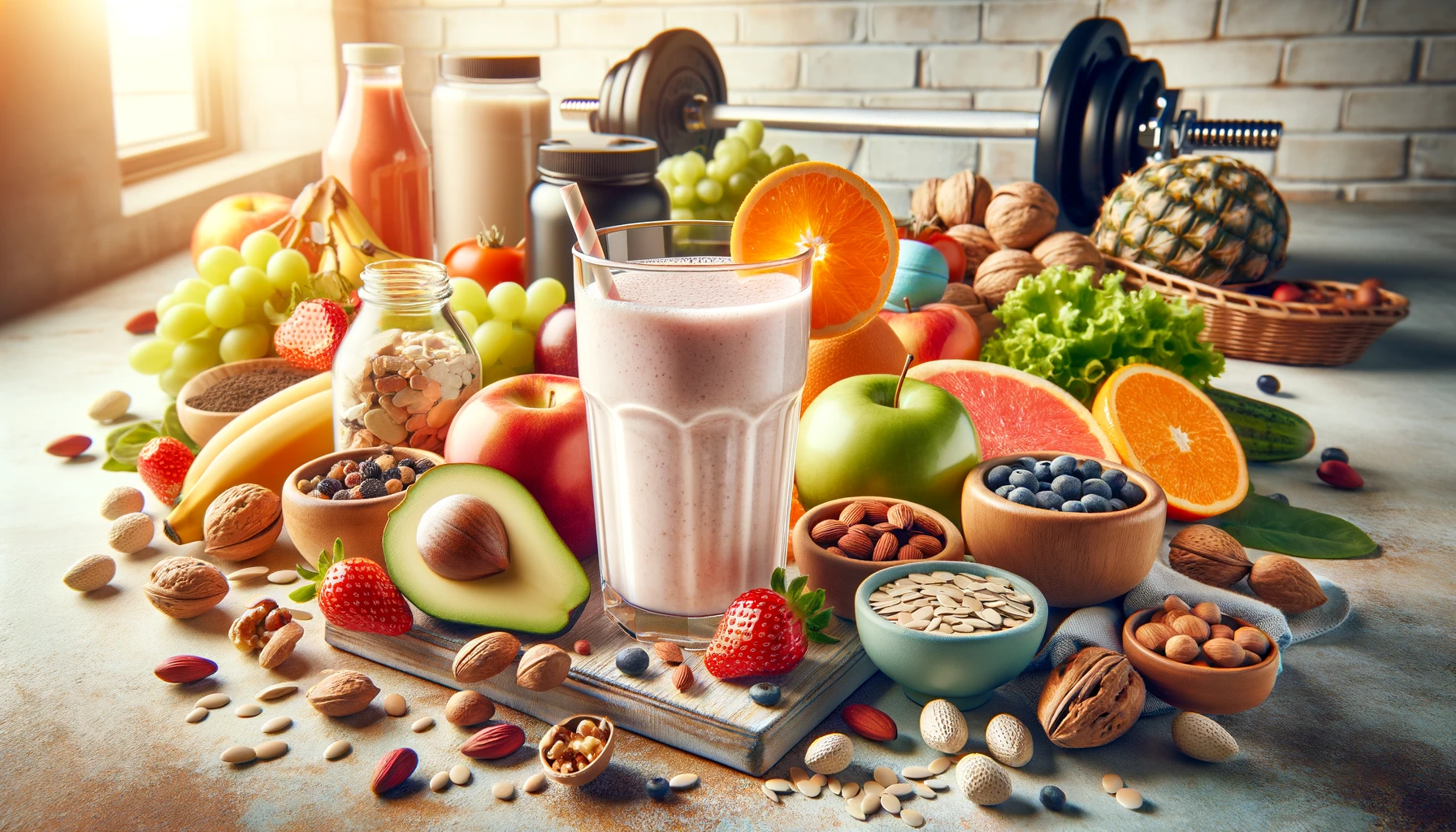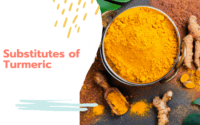Can You Drink Fairlife Protein Shakes While Pregnant?

Key Takeaways
1. While Fairlife protein shakes can be consumed during pregnancy, it’s crucial to consult with a healthcare provider to ensure they align with individual nutritional needs and health status.
2. Fairlife protein shakes offer a convenient way to increase protein intake during pregnancy, which is vital for fetal growth and development. They can be particularly helpful for individuals experiencing food aversions or nausea.
3. Pregnant individuals should be mindful of the ingredients in Fairlife protein shakes, especially artificial sweeteners like sucralose, which some may prefer to avoid due to potential effects on fetal development.
4. If there are concerns about Fairlife protein shakes or preferences for other options, there are plenty of alternative sources of protein available, including whole foods like lean meats, poultry, fish, eggs, dairy products, legumes, nuts, and seeds.
Fairlife protein shakes have gained popularity for their high protein content and convenient packaging. Many people turn to these shakes as a quick and easy way to boost their protein intake, especially during busy days. However, if you’re pregnant, you may be wondering whether it’s safe to continue drinking Fairlife protein shakes or if you should avoid them altogether. In this article, we’ll explore the factors to consider when consuming Fairlife protein shakes during pregnancy.
Ingredients in Fairlife Protein Shakes
Fairlife protein shakes typically contain milk protein concentrate, water, natural and artificial flavors, and sweeteners like sucralose or stevia. Some varieties may also include added vitamins and minerals to enhance nutritional value. While these ingredients are generally considered safe for consumption, it’s essential to be mindful of any potential allergens or sensitivities you may have.
Nutritional Benefits of Fairlife Protein Shakes During Pregnancy
Protein is an essential nutrient during pregnancy as it plays a crucial role in the growth and development of the baby. Fairlife protein shakes can be a convenient way to increase your protein intake, especially if you’re experiencing nausea or food aversions that make it challenging to consume protein-rich foods. Additionally, the added vitamins and minerals in some Fairlife shakes can contribute to meeting your daily nutritional needs during pregnancy.
Considerations for Pregnant Women
While Fairlife protein shakes can provide nutritional benefits, it’s essential to consider a few factors before incorporating them into your pregnancy diet. First, you should consult with your healthcare provider to ensure that drinking Fairlife protein shakes aligns with your individual nutritional needs and health status. Your healthcare provider can offer personalized guidance based on factors such as your dietary preferences, medical history, and any pregnancy-related complications.
Risks and Concerns
While Fairlife protein shakes are generally safe for consumption, there are some potential risks and concerns to be aware of during pregnancy. One consideration is the presence of artificial sweeteners like sucralose, which some individuals may prefer to avoid during pregnancy due to potential effects on fetal development. Additionally, some pregnant women may experience digestive issues or discomfort after consuming protein shakes, so it’s essential to listen to your body and make adjustments as needed.
Alternatives to Fairlife Protein Shakes
If you’re hesitant about drinking Fairlife protein shakes during pregnancy or prefer to explore other options, there are plenty of alternative sources of protein to consider. Whole foods like lean meats, poultry, fish, eggs, dairy products, legumes, nuts, and seeds can provide ample protein while also offering additional nutrients and benefits. Incorporating a variety of protein-rich foods into your diet can help ensure that you’re meeting your nutritional needs during pregnancy.
FAQs
Can I Drink Fairlife Protein Shakes While Pregnant?
During pregnancy, it’s crucial to pay attention to what you consume, including protein shakes. Fairlife protein shakes can be safe to drink while pregnant, but it’s essential to consider individual factors and consult with your healthcare provider. These shakes can be a convenient way to boost protein intake, especially if you’re experiencing food aversions or nausea. However, it’s essential to ensure that they fit into your overall dietary plan and don’t contain any ingredients that may be harmful during pregnancy.
Is Fairlife Protein Shake Safe for Pregnancy?
Fairlife protein shakes are generally safe for consumption during pregnancy, but it’s essential to be mindful of the ingredients. While the protein and added vitamins can be beneficial, some pregnant women may prefer to avoid artificial sweeteners or flavors. Consulting with your healthcare provider can help you determine whether Fairlife protein shakes are a suitable option for you during pregnancy.
Are Fairlife Protein Shakes Safe During Pregnancy?
Fairlife protein shakes can be safe to drink during pregnancy, but it’s essential to consider individual factors and any potential risks. While the protein content can be beneficial, it’s essential to ensure that the ingredients are suitable for pregnancy and that you’re not consuming excessive amounts. Consulting with your healthcare provider can help you make an informed decision about whether Fairlife protein shakes are a safe option for you during pregnancy.
Conclusion
In conclusion, Fairlife protein shakes can be a convenient option for increasing your protein intake during pregnancy, but it’s essential to consider individual factors and consult with your healthcare provider before incorporating them into your diet. While Fairlife protein shakes can offer nutritional benefits, it’s essential to be mindful of potential risks and explore alternative sources of protein if you have concerns. Ultimately, making informed choices about your diet during pregnancy is crucial for supporting both your health and the health of your baby.



